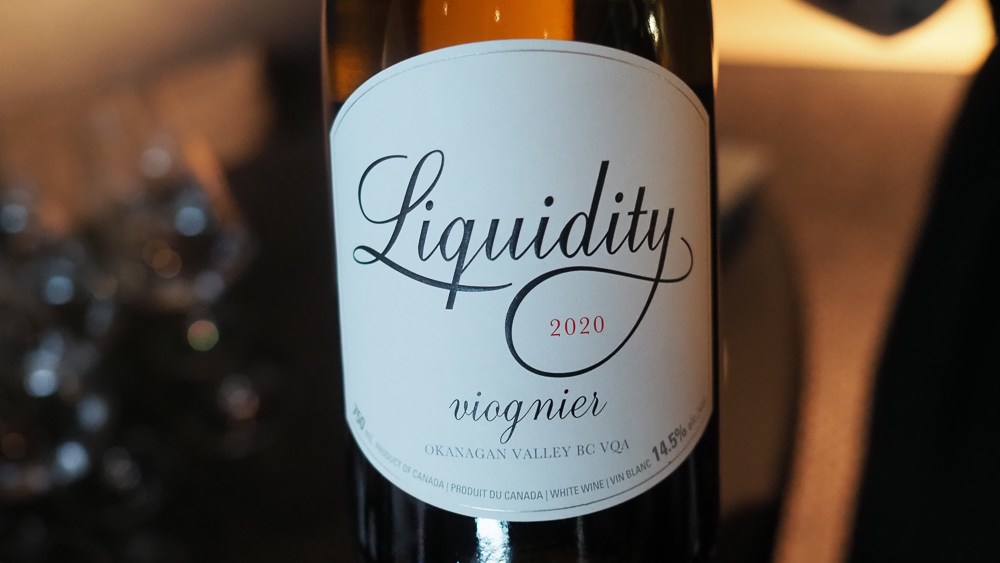Vines are a beautiful and welcome addition to nearly any yard or garden! There are both annual and perennial vines, and what you choose to plant is determined by what your needs are. If you just need something to hide a fence for a summer, an annual vine is probably a better choice. If you need to cover a house or a building, perennial vines are likely the way to go.
Before incorporating a vine into your landscape, determine how big a vine you need to grow! Many people make the mistake of planting too large a vine on too small a support! (You do not want a hop vine that grows 20 ft. to have only a little 6 ft. trellis to deal with.) As for cultivation, different vines have different requirements. Clematis for example, require a very rich, fertile soil while morning glories do best in sandy, well drained soil with few nutrients. Nearly ALL climbers will do best in a position with full sun. Although a few will tolerate partial shade, when planning a garden design with vines, try to have the climbers in as much sun as possible. Most vines are easy to grow, inexpensive, and widely available. Here are some of your choices.
Annual vines-
Morning glory- These have been popular since the 1930’s. Morning glories like a sunny (but not too hot!) location and climb anywhere from 6-12 ft. They are best grown from seed and sown directly where they are to grow, as they resent root disturbance. They germinate quickly and grow very fast. Blue is the most popular color, but they also come in shades of white, rose, pink, and purple. In very fertile soil, morning glories will produce lush foliage and very few blossoms. The blooms open early in the morning and close by about noon, but everyday a new profusion of buds open.
Cobaea, Cathedral Bells- This is an extremely fast growing annual vine easily grown from seed. It likes a hot location and plenty of water and can climb 10 ft. or more! The enormous bell shaped flowers start out pale green and age to purple. Unlike morning glories, which twine freely around their supports, Cobaea requires something fine like netting to cling to.
Mandevilla- This is actually a tropical plant from South America that produces attractive, large green leaves and hibiscus-like, brilliant pink flowers. It will grow very fast when conditions are suitable and likes lots of water, lots of fertilizer, and lots of heat! When grown in a sheltered, hot location with good humidity, Mandevilla will smother itself in flowers and climb up to 10 ft.!
Runner Bean- Runner beans are great choices for children’s gardens. The large seeds are easy for little fingers to handle and they germinate in as little as five days! They climb 6-10 ft., produce bright red or white flowers all summer, and the beans are quite edible. The vines are vigorous and surprisingly beautiful.
Sweet Pea- Sweet peas come in a huge assortment of colors and grow quickly and easily from seed. They are best suited to a fertile, well drained site and although they love sunshine, they do not fare well in extreme heat. Cutting the blooms for bouquets
encourages the production of more flowers so don’t hesitate to pick the blooms! Also keep in mind that some varieties are more fragrant then others so it’s good to grow a few different kinds!
Perennial Vines-
Virginia Creeper- Also called Engelmann’s ivy, this is the largest hardy vine you can grow on the prairies. It is capable of covering an entire building and heights of 50 or 60 ft. have been recorded! This vine is NOT for the faint of heart- they need a very good, very strong support and unless they have a shed or garage, etc. to cover, they will very quickly swamp and outgrow a support that is too small! These vines grow very fast and although you aren’t likely to notice the flowers, the fall color is bright red and very showy. Virginia creepers are hardy and highly adaptable, and although they are drought resistant, they will do best if they are watered regularly.
Hops- Hop vines are fast growing, vigorous vines that produce attractive, rough stems and foliage and can grow 20 ft. or more! The flowers (which resemble small green pine cones) are used in the making of beer. Hops is a very low maintenance, hardy and dependable vine that grows well in nearly any soil. There is a golden leaf version (more of a chartreuse or lime green, actually) that does well in partial shade. Hops are drought resistant once established but will grow much larger and faster with regular watering.
Clematis- Clematis are probably the showiest of the hardy vines and can climb from 6-15 ft., depending on the variety. All clematis prefer a rich, fertile soil with good moisture conditions. They flower very profusely when well fed and prefer cool, moist roots. Large flowered, hybrid clematis such as the popular ‘Jackmanni’ or ‘Nelly Moser’ should be sheltered from the wind and watered deeply and regularly. The Alpine and macropetala types produce a profusion of bell-like, attractive blooms in early summer that give way to fluffy white seedheads. They are vigorous, very hardy, and very low maintenance. They will also tolerate partial shade. A strong, tall support is necessary as they regularly climb 10 or 15 ft. They also look nice climbing up through a deciduous tree.
Honeysuckle- The hardiest honeysuckle vines available to prairie gardeners are ‘Dropmore’ and ‘Mandarin’. Both produce orange flowers and are very vigorous and hardy. Both will climb to about 10 or 12 ft. They will do best in full sun, well drained soil, and flower profusely in early summer, with a lesser showing after that. Hummingbirds love them! Very easy and fast growing.
Grape- Grape vines are hardy, beautiful vines that climb about 10 ft. They require full sun and a fair bit of water but are easy and fast growing. ‘Beta’ and ‘Valiant’ are the most popular choices and they produce fruit that is good for fresh eating, jellies, or wines.
Climbing roses- There are a number of excellent climbing roses available that are fully hardy and no fuss. They generally need to be tied to their supports the first year or so, but eventually reach 7-10 ft. ‘William Baffin’, ‘John Cabot’ and ‘John Davis’ are all good choices. They need full sun and fertile soil.








